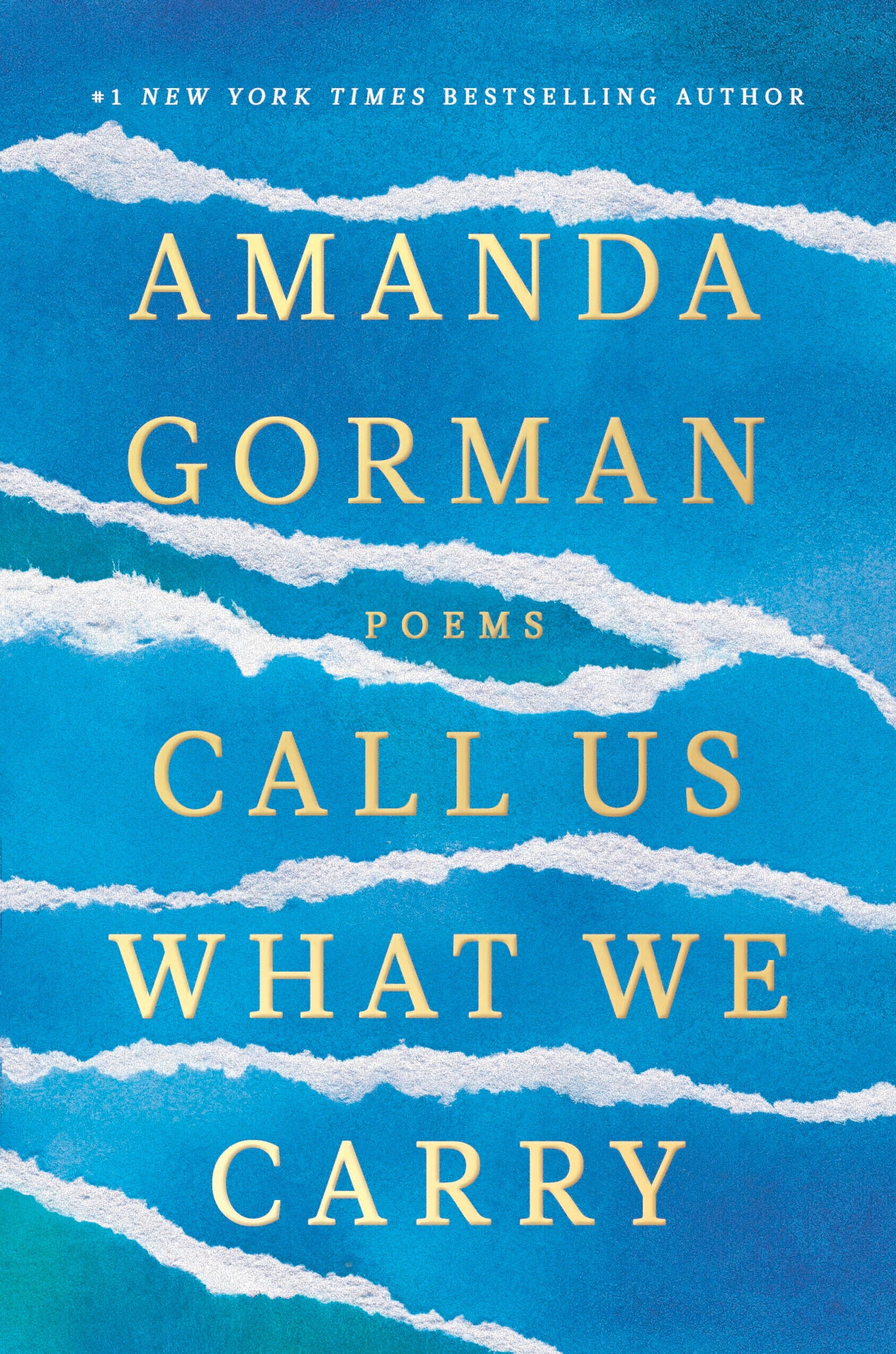Review: Amanda Gorman offers the inventive 'Lexicon of Hope'
With jarring lyricism, Amanda Gorman looks into our turbulent moment on the brink of collapse and urges readers to account for history with prescience

Asserting that “our inaction and inertia will be the inheritance of the next generation” in “The Hill We Climb,” inaugural poet Amanda Gorman urged the nation to account for its history to heal the future. This kinetic idealism now blooms in “Call Us What We Carry,” her new collection of poems, as she explores why.
Alliterative insights and free-versed inquiry catalyze Gorman’s performative poetics on the page. Her third publication, Gorman’s scholarly sensibility illuminates her quest for social reparations and cultural history, unpacking their terrains through revisionism and erasure that imagine alternative renderings of past narratives. The paradox of our social relations is what takes the title poem, in which she writes “A human microbiome is all the writhing forms on & inside this body drafted under our life. We are not me — we are we.” In this way, Gorman analyzes the amalgamation of microbial, social and environmental catastrophe that conjoined during the past two years. She projects them beyond the current moment, conceiving of their ties as the liminal space of our progress.
Introducing this objective, she posits, “We are writing with vanishing meaning, our words water dragging down a windshield.” This sense of truth verging on disappearance infuses the atmosphere that occupies the poems that follow. Broken into seven sections, her poems emerge among shipwrecks beneath the sea, between lunar light rays against fossilized fragments, in the preserved journals of military leaders, beside the bloodshed of protest and war, and amidst the viral contagion of the coronavirus. Ultimately, these poems reflect the abstractions of knowledge, memory, forgiveness and communion that forge our nation.
Gorman’s commitment to our precarious moment accounts for their tone as found objects. At times they are ruminative relics that risk repetition, but it is thanks to Gorman’s linguistic versatility that keep the reader along: Unearthing strains of syntax as they pertain to the American psyche or deconstructing a word’s varying context.
At her best, Gorman stewards this intimate moment of change with visual viscera, as in “We cowered, bone-shrivelled as a laurel in drought, our throats made of frantic workings, feet falling over themselves like famished fawns” which later elicits “We’ve seen life lurching back in stops & starts like a wet-born thing learning to walk.″ Embodying the idiosyncrasies of renewal, Gorman carves out the imperfect instinct towards hope.
Between breath, light, water and soil, text messages and letters, and visual formations of ships, whales and flags, Gorman’s “Call Us What We Carry” is an inventive literary resurrection.
Bookmark popover
Removed from bookmarks